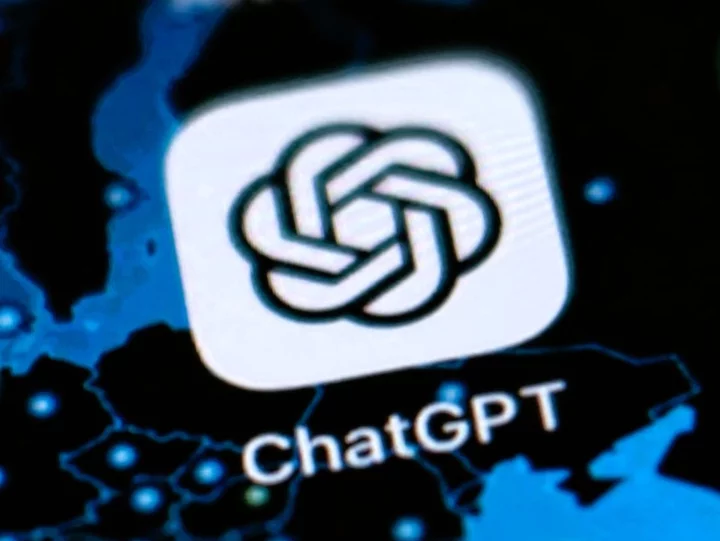OpenAI launches ‘instructions’ for ChatGPT, letting it remember who you are and what you want
OpenAI has launched new “custom instructions” for ChatGPT, aimed at letting the system know who you are and what you want. The tool allows users to “share anything you’d like ChatGPT to consider in its response”, the company said. That might mean always starting conversations with the chatbot being aware that you are a teacher of young children, for instance, so that it can word its responses accordingly. Or a user might set an instruction that they are a computer programmer in a specific language, so that it can know how to format its responses. They can also be more specific instructions to the chatbot itself. Users might opt to tell it what tone to use in its responses, for instance, or to keep to a word limit. The new tool comes with a range of warnings about the way that the data itself is used. Those instructions might be shared with the developers of any plug-ins, for instance, and it will also be used gathered by OpenAI. The company says it will use people’s custom instructions “to improve model performance – like teaching the model how to adapt its responses to your instructions without overdoing it”. The tool comes with some restrictions aimed at ensuring people do not use the feature to break ChatGPT’s rules. That includes scanning custom instructions to ensure they do not break its rules, and allowing ChatGPT not to comply with instructions if they are going to be used to violate the company’s policies. OpenAI is not making the new feature available in the UK and EU. Regulators in those countries have shown particular concern about the way data is used by OpenAI – and in Italy, those concerns are such that the country has banned access to ChatGPT. Users must also have a subscription to OpenAI’s “Plus” premium tier, and is currently only available in beta. The company plans to roll it out to everyone “soon”, it said. At the moment, ChatGPT does not remember anything from previous conversations. A person might have told it useful information, for instance – such as those previous examples of teachers and programmers – but after the chat is closed and restarted, that information will be lost. The feature can be used by clicking into settings, then clicking “beta features” or “new features” and enabling “custom instructions”. Read More Stolen ChatGPT accounts for sale on the dark web ChatGPT creator withholds latest AI over fears it’s too powerful Meta unveils its ChatGPT rival Llama
OpenAI has launched new “custom instructions” for ChatGPT, aimed at letting the system know who you are and what you want.
The tool allows users to “share anything you’d like ChatGPT to consider in its response”, the company said.
That might mean always starting conversations with the chatbot being aware that you are a teacher of young children, for instance, so that it can word its responses accordingly. Or a user might set an instruction that they are a computer programmer in a specific language, so that it can know how to format its responses.
They can also be more specific instructions to the chatbot itself. Users might opt to tell it what tone to use in its responses, for instance, or to keep to a word limit.
The new tool comes with a range of warnings about the way that the data itself is used. Those instructions might be shared with the developers of any plug-ins, for instance, and it will also be used gathered by OpenAI.
The company says it will use people’s custom instructions “to improve model performance – like teaching the model how to adapt its responses to your instructions without overdoing it”.
The tool comes with some restrictions aimed at ensuring people do not use the feature to break ChatGPT’s rules. That includes scanning custom instructions to ensure they do not break its rules, and allowing ChatGPT not to comply with instructions if they are going to be used to violate the company’s policies.
OpenAI is not making the new feature available in the UK and EU. Regulators in those countries have shown particular concern about the way data is used by OpenAI – and in Italy, those concerns are such that the country has banned access to ChatGPT.
Users must also have a subscription to OpenAI’s “Plus” premium tier, and is currently only available in beta. The company plans to roll it out to everyone “soon”, it said.
At the moment, ChatGPT does not remember anything from previous conversations. A person might have told it useful information, for instance – such as those previous examples of teachers and programmers – but after the chat is closed and restarted, that information will be lost.
The feature can be used by clicking into settings, then clicking “beta features” or “new features” and enabling “custom instructions”.
Read More
Stolen ChatGPT accounts for sale on the dark web
ChatGPT creator withholds latest AI over fears it’s too powerful
Meta unveils its ChatGPT rival Llama









